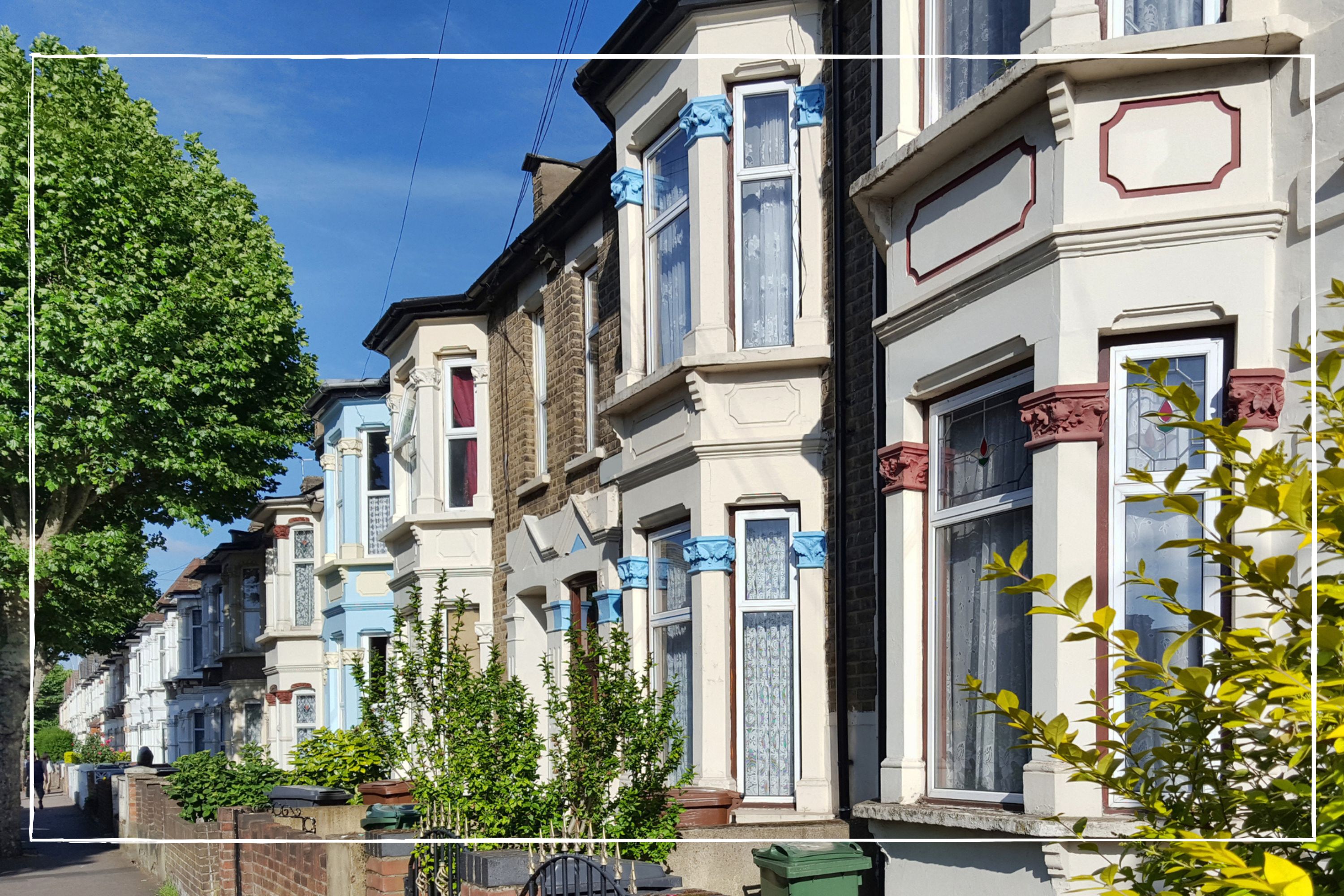What are council tax bands? (and how to find out if you are on the right one)
If you've found yourself wondering what are council tax bands, you're not alone. This guide explains what they are, how they affect your bill and whether they can be changed


What are council tax bands? You've probably heard the term before and know that the band determines (in part) how much council tax you pay, but with costs rising all around us, and council tax going up again in 2023, it's worthwhile making sure you're in the correct council tax band.
If your property has been placed in the wrong council tax band then you may end up paying more than you should and find yourself eligible for a council tax refund.
Annabelle Williams, personal finance specialist with Nutmeg says: “The government’s decision to support households with the rising cost of living through council tax rebates has made people look more closely at their council tax band and put the spotlight on the unusual way in which council tax is calculated.”
What are council tax bands?
All properties are placed within council tax bands, which dictate how much council tax you pay. Your property will have been placed in a specific council tax band based on its value. However it’s not today’s value that counts, but the historical market value of your home more than thirty years ago.
In England, there are eight council tax bands, which run from A to H, with A being the lowest and cheapest council tax band, and H being the highest and most expensive. In Scotland, properties are also split into eight council tax bands, and also run from A to H. However the property values within these band ranges are different to England. In Wales, there are nine bands, from A to I, and once again the property values within these band ranges are different to both England and Scotland. Northern Ireland does not use the council tax system.
You can see the council tax bands for England, Scotland and Wales below, and the property values they apply to, according to figures from the Valuation Office Agency and Scottish Assessors Association.
| Council Tax Band | England | Scotland | Wales |
|---|---|---|---|
| A | Up to £40,000 | Up to £27,000 | Up to £44,000 |
| B | £40,001 - £52,000 | £27,001 - £35,000 | £44,001 - £65,000 |
| C | £52,001 - £68,000 | £35,001 - £45,000 | £65,001 - £91,000 |
| D | £68,001 - £88,000 | £45,001 - £58,000 | £91,001 - £123,000 |
| E | £88,001 - £120,000 | £58,001 – £80,000 | £123,001 - £162,000 |
| F | £120,001 - £160,000 | £80,001 - £106,000 | £162,001 – £223,000 |
| G | £160,001 - £320,000 | £106,001 - £212,000 | £223,001 – £324,000 |
| H | Over £320,000 | Over £212,000 | £324,001 - £424,000 |
| I | N/A | N/A | Over £424,000 |
How are council tax bands decided?
Within England and Scotland council tax band valuations are based on the market value of domestic properties on 1 April 1991. For properties in Wales, bands are based on the market value on 1 April 2003.
Parenting advice, hot topics, best buys and family finance tips delivered straight to your inbox.
Shaun Moore, financial planning and tax expert at Quilter says: “For newer homes built after 1991, a property’s council tax band will be based on a range of factors and the various valuation offices in each individual country within the UK will decide what band it goes into.”
What’s the most expensive council tax band?
The most expensive council tax band is ‘H’ in both England and Scotland and ‘I’ in Wales. This means that homes valued at over £320,000 in England in 1991 get an ‘H’ banding and homes over £212,000 in Scotland. Wales has an extra council tax band, with properties going into its ‘I’ band if they were valued at more than £424,000 in 2003.
While the band your property is in plays a part in your annual council tax bill, where you live will also affect the size of your council tax payments. If for example you live in a property with a band D rating in Westminster or Wandsworth in London, you’ll pay some of the lowest rates of council tax, with your bill coming to between £829 and £845 a year.
In contrast, the most expensive places to live when it comes to council tax bills are Nottingham, which charges £2,226 for band D properties, or within the Dorset Council area where you can pay £2,223 a year.
You can use a postcode checker tool to find how much your local authority charges for each council tax band.
What is my council tax band?
If you want to find out which council tax band your home is in, there are three easy ways to do it. The first thing you can do is to dig out your council tax bill. This will tell you which band you’re on, as well as the amount of council tax you pay each year. This will be split into 10 monthly instalments, though you can ask for it to be taken over 12 payments instead.
If you can’t find your last council tax bill, you can ring your local council to ask for your banding, though the quickest way to find out is to go online.
For homes in England and Wales you can use the postcode checker on the Government website to check your council tax band, while for homes in Scotland you can check your banding through the Scottish Assessors Association.
What should I do if I think I’m in the wrong council tax band?
If you think you are in a higher and more expensive council tax band than your neighbours, but live in similar size properties, it can be worth asking for your council tax band to be reassessed. Over 40,000 people challenged their council tax band last year, according to the latest Government figures. One in three had their band lowered, although in two out of three cases council tax bands remained the same.
If you want to challenge your council tax band you will need to provide evidence for us to consider your proposal.Check what evidence you’ll need to provide here 👇https://t.co/7qXcD32vQYMarch 2, 2022
It won’t cost you a penny to apply and you can start the process online. However it’s important to remember that council tax bands can go up as well as down. This means there’s always a risk you could be moved into a higher band after investigation by the Valuation Office Agency, resulting in bigger council tax bills.
Quilter's tax expert Shaun Moore says: “When the new council tax system was launched, back in 1991, there was a huge rush to value properties throughout the UK and this led to many properties being incorrectly valued and put in the wrong band. ”
Can I reclaim council tax if I have been paying too much?
If you have paid too much council tax, because after a reassessment your property has been moved to a lower council tax band, then you can claim a council tax refund. In some cases, this can run to thousands of pounds, as any refund due can be backdated to the date when you first moved into your property, or when council tax was first introduced in 1993, depending on which is most recent.
Any refund due will come from your local council, not the Valuation Office Agency. And even if you no longer live in the property, you can still claim a refund for the years you lived there, in the event that the new owners have applied for a review and it’s now been moved onto a lower council tax band.
Unless you’ve kept in touch with the new owners, this means checking the banding, which you can do using the council tax postcode checker.
You could also check what qualifies for a council tax reduction to see if you can reduce your council tax bill that way, even if you haven't moved house. If you claim benefits, you might also be able to get a council tax reduction on Universal Credit.
If you're struggling to keep up with your household bills, check out our guide to what to do if you can't afford to pay your council tax.
